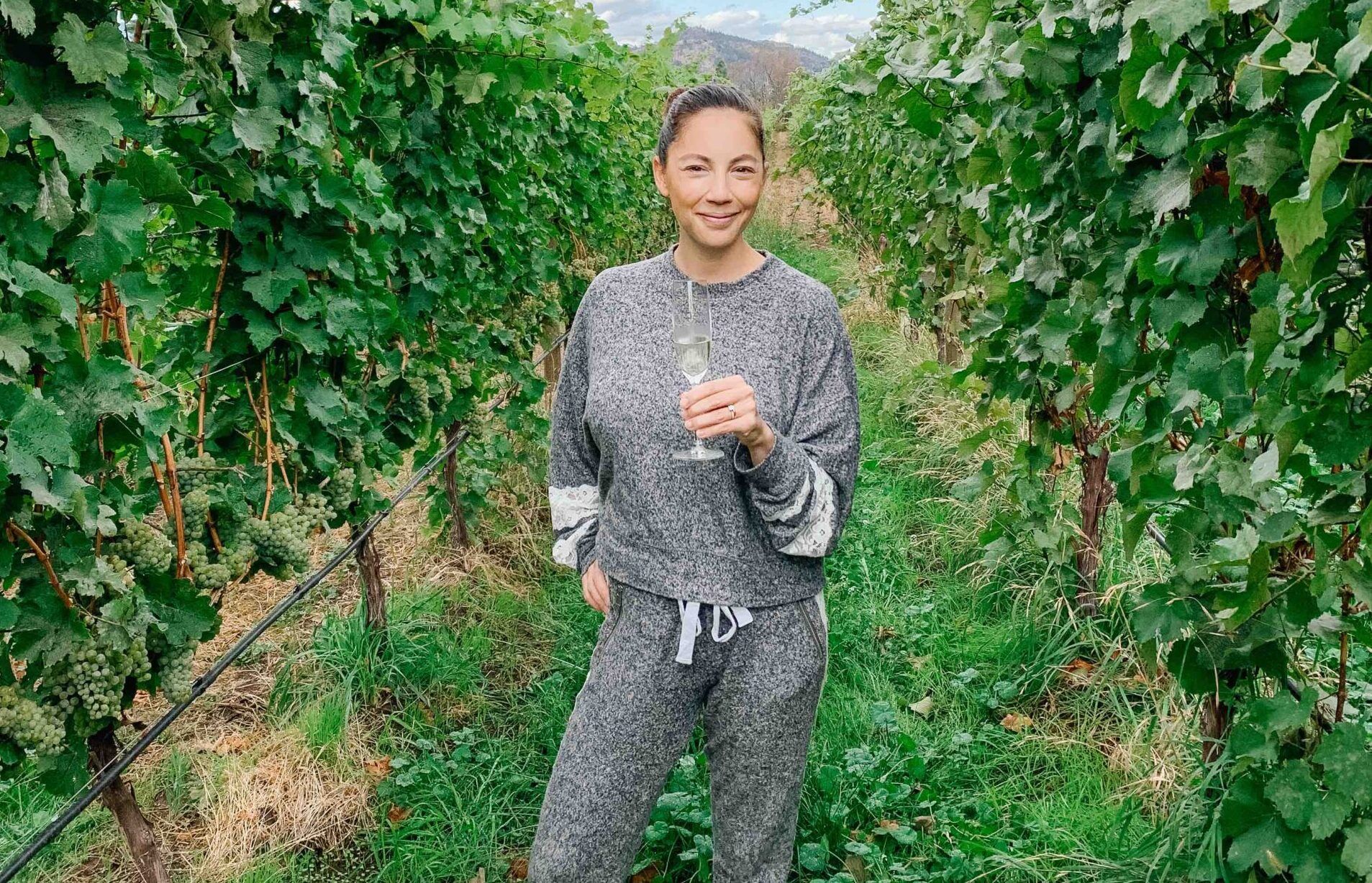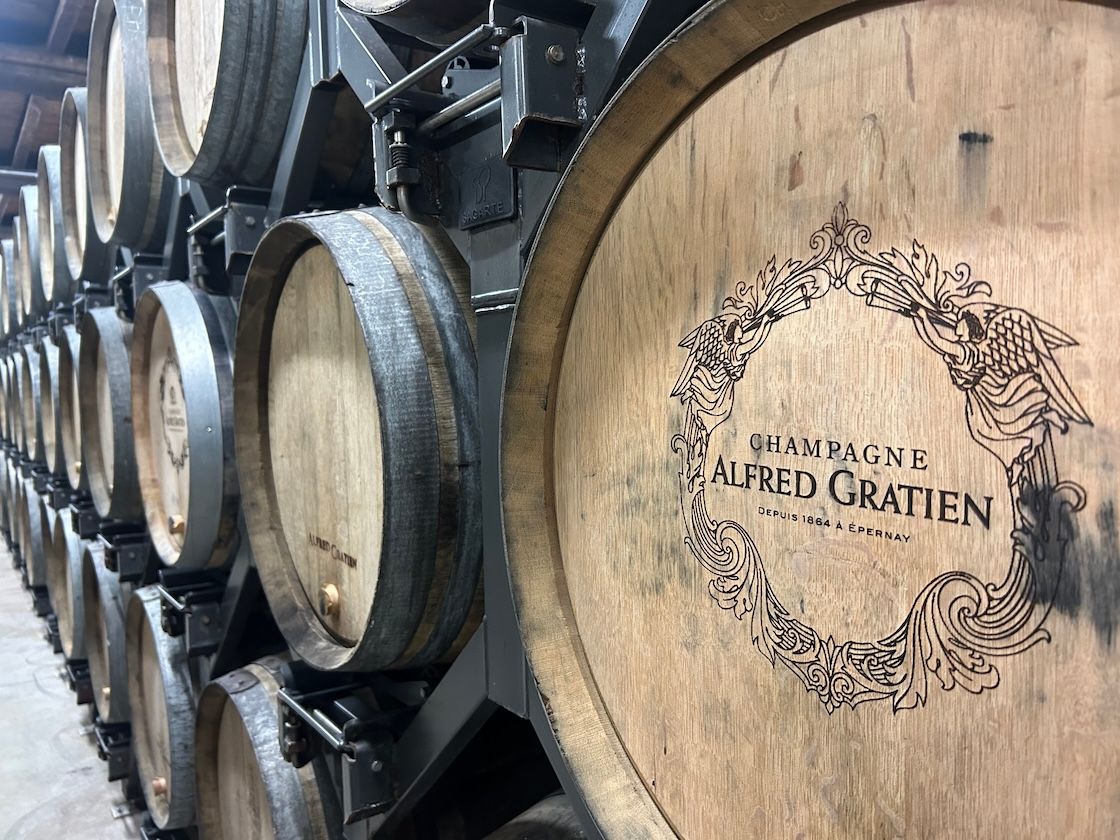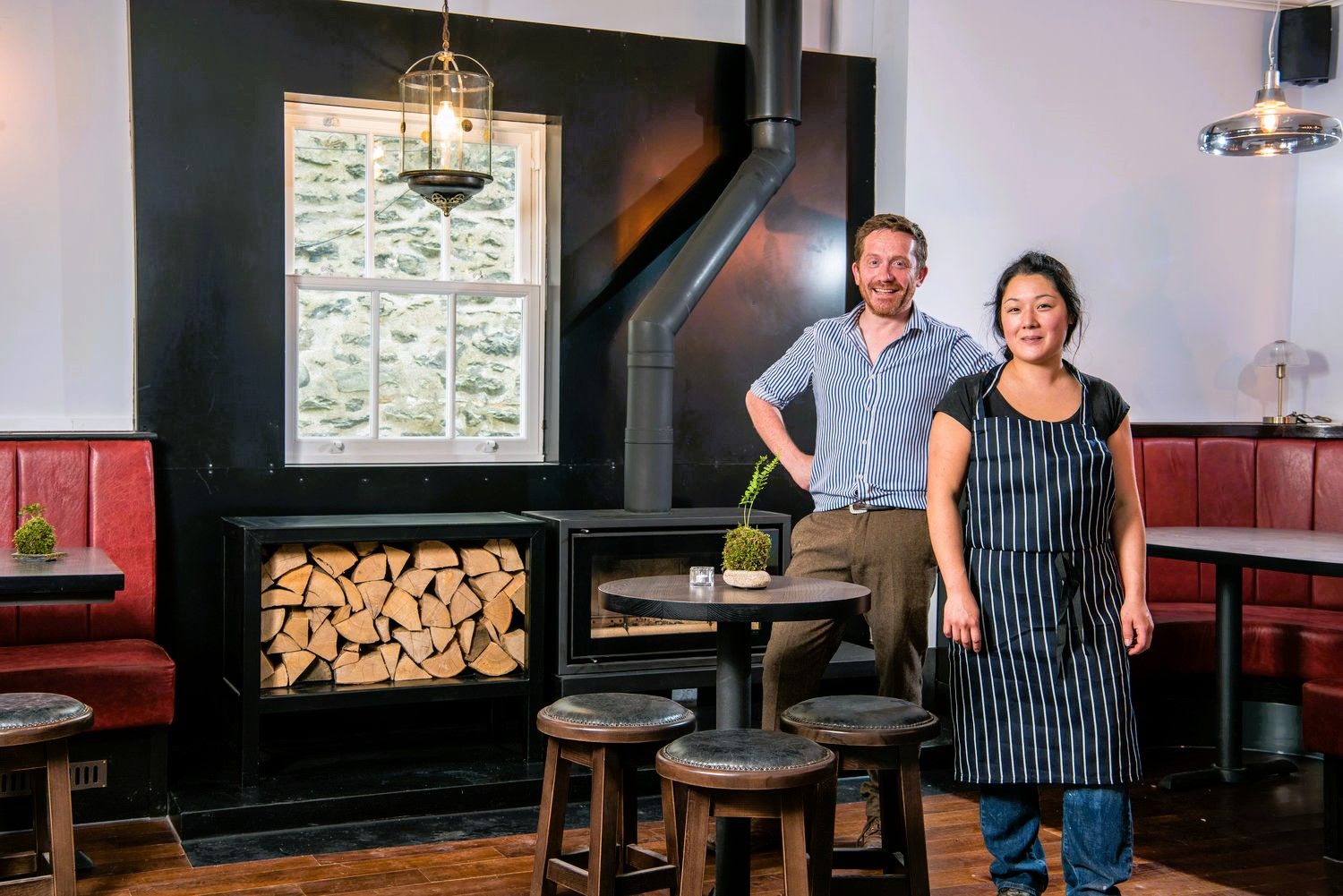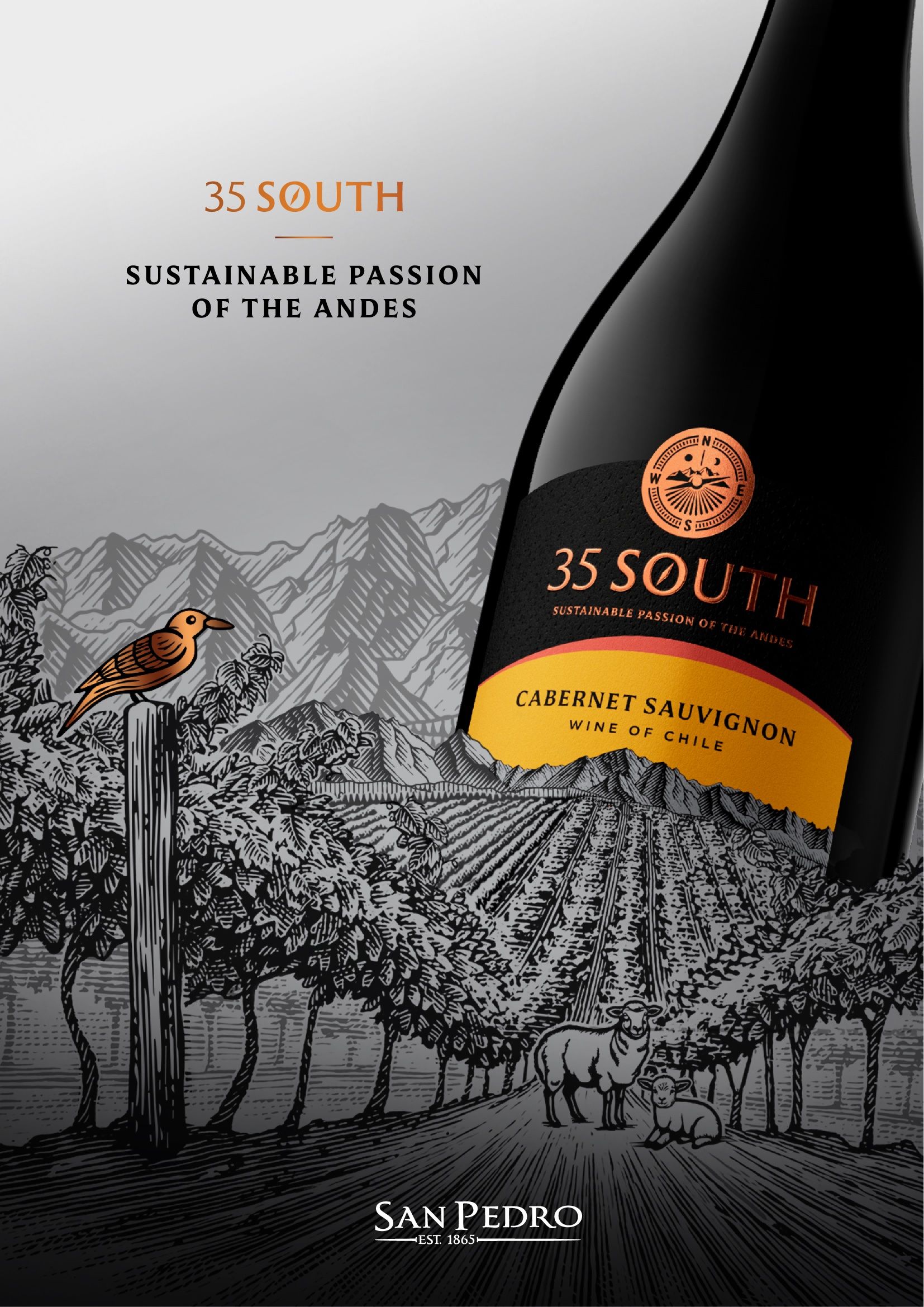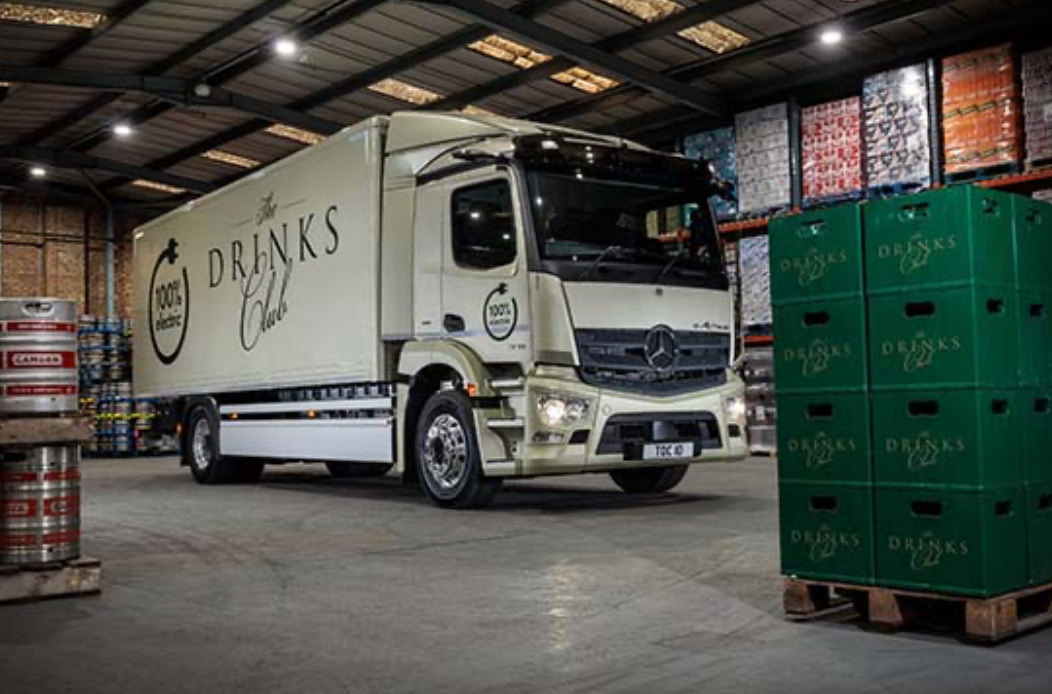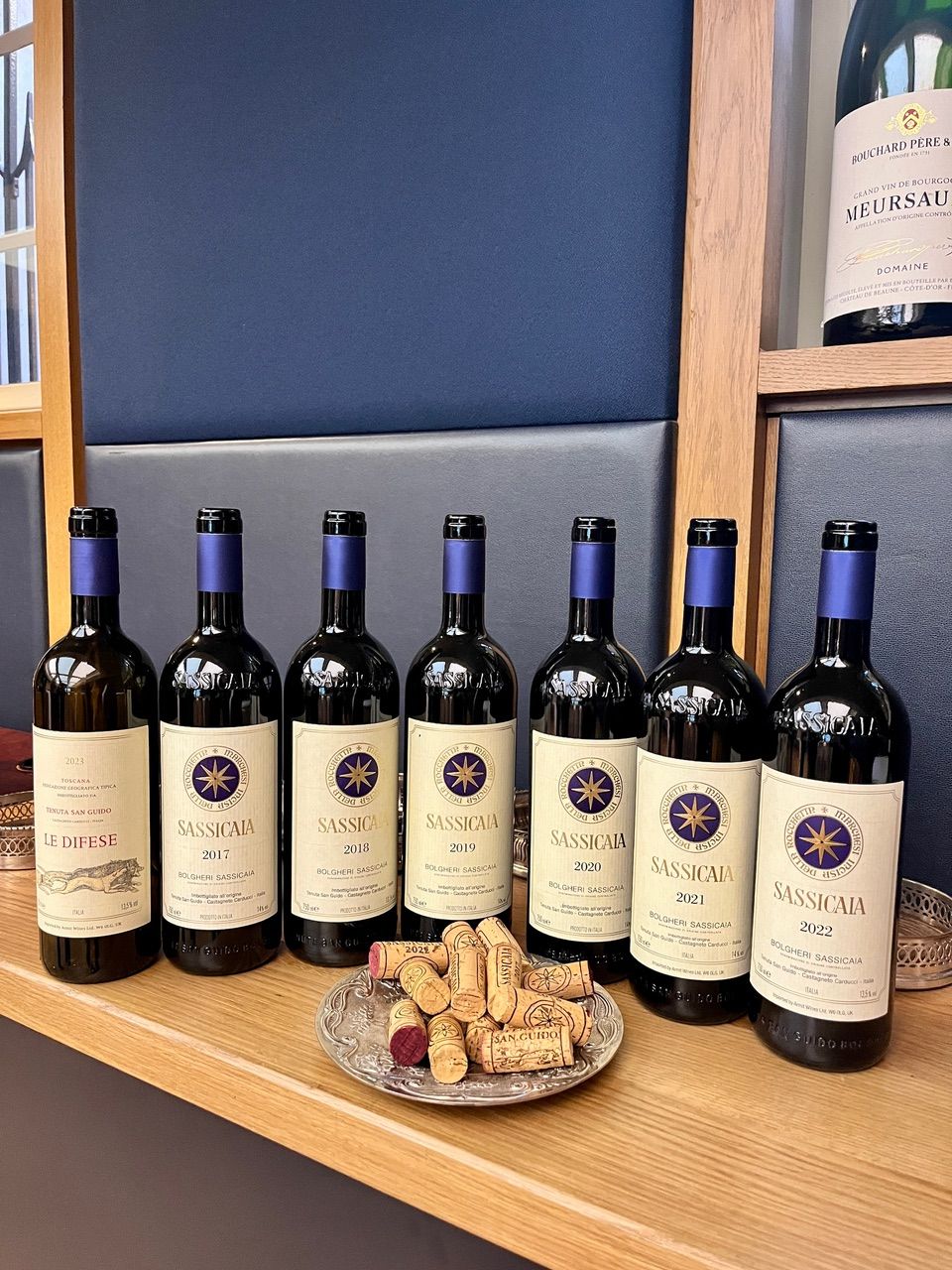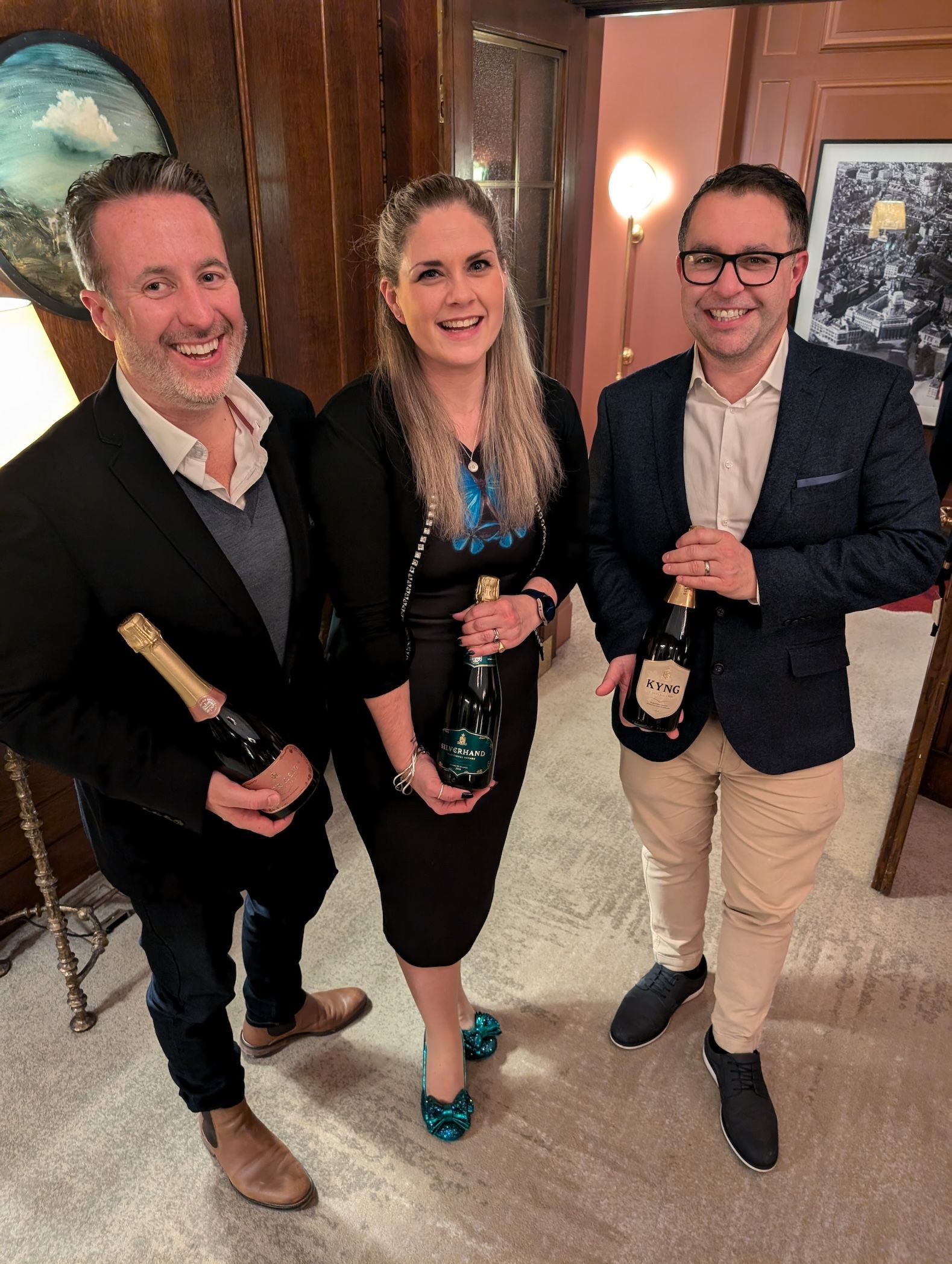The Okanagan Valley could act as a benchmark for how producers can use the Covid-19 pandemic to come out stronger as businesses and as a region as a whole.
When I last wrote for The Buyer about my home region of the Okanagan Valley the focus was on how this still up and coming wine area was giving Napa Valley a run for its money because of its unique focus on experience (you can read the full article here). And then the pandemic happened. And experience stopped. Gone was the articulated sommelier pouring glasses over a crowded serving bar. So long to queuing outside to grab a tasting table. Goodbye events in the evening drawing local crowds and bottle purchases. Au revoir the wine trade for 2020…
I anticipated all this doom and gloom would be disastrous for such a small wine region so heavily reliant on face-to-face purchases and wine club engagement. How wrong I was.
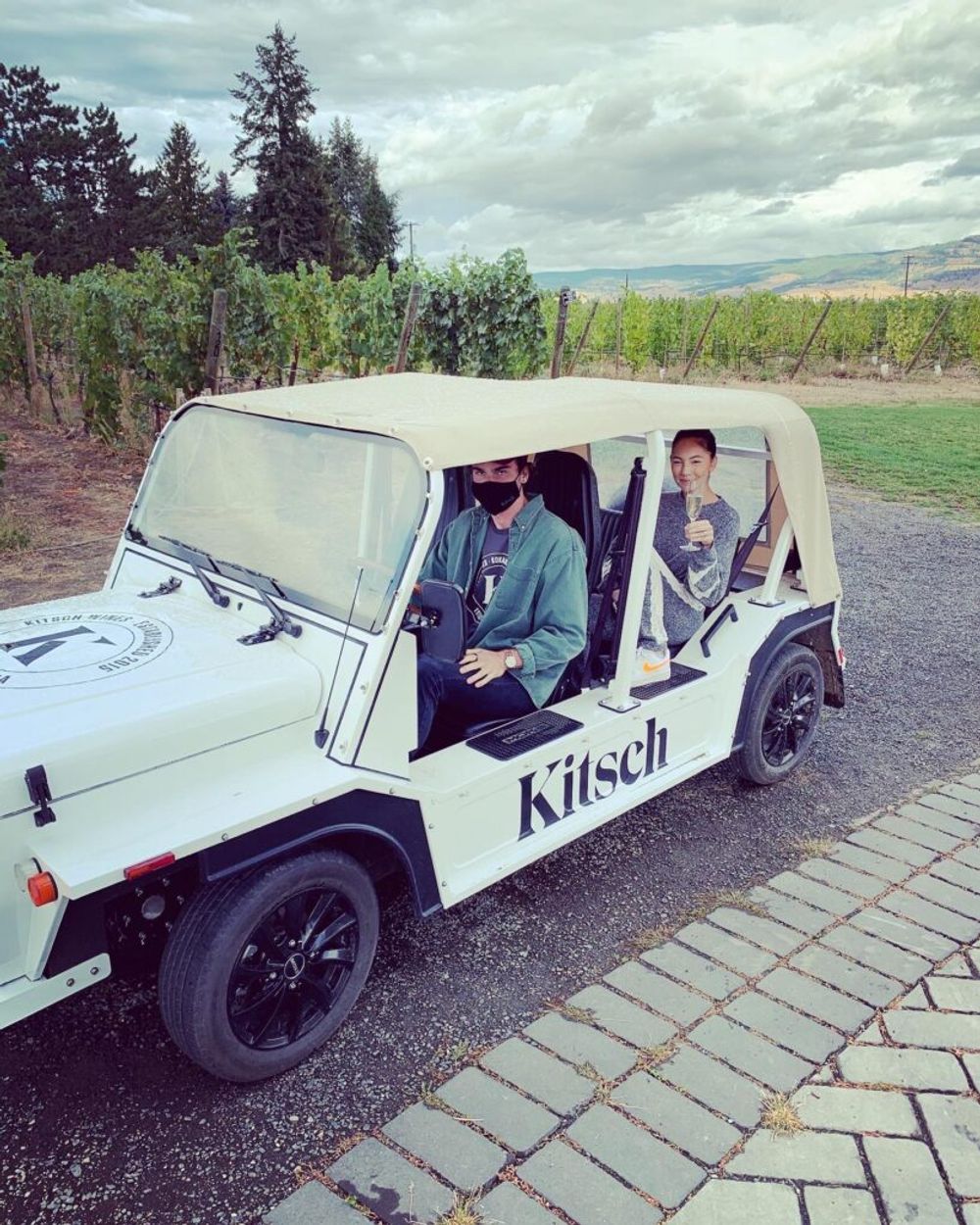
Jackie Fast has enjoyed being able to spend considerable time in the wine region where she grew up
Remarkably, this wine region has faired better than most. Rising like a phoenix out of the ashes, the whole area has pivoted hard and many are seeing greater returns than pre-pandemic.
I was fortunate enough to spend the entire Covid-summer in the Okanagan where I spent mornings by the lake and afternoons by the grape. It was the first time in a long time that I spent more than a week’s long holiday in the area, which gave me unique insight into how this relatively unknown wine region was capitalising on the challenges of coronavirus. The results of these small businesses during such an incredibly challenging time are worth the world taking notice of – pandemic or not.
Reacting to adversity
So how did the Okanagan do it?Regardless of size, location, ownership, and in some respect experience, the ones that were clearly overcoming the challenges faced with lockdowns and social distancing focused on just four areas:
- Double down on the experience
- Go digital
- Support the industry
- Be positive and invest heavily
1. Double Down on Experience
Experience in the Okanagan is everything. It is the reason why people keep coming back and why there is so much brand loyalty. It surprised me to find out that rather than look elsewhere to replace experiences, many vineyards chose instead to make them better, more exclusive – and ultimately safe for social distancing.

The popularity and status of the Mission Hill winery went up during the Covid lockdown, says Fast
Mission Hill, one of the largest wineries in the area producing 100,000 cases per year, completely shut its winery to the public. Instead, you had to pre-book. This meant that even to visit the wine shop to pick up a trinket you had to plan your visit. This ensured the numbers on the site were restricted, which meant any access to this much in demand winery became quickly coveted, with spots selling out well in advance.
Upon arrival to the vineyard you needed to be checked in by a well-dressed man carrying a clipboard. Anyone not on the list was turned away and asked to book for a future date. With cars in the queue each morning 20 minutes before the gates opened, it felt very much like waiting to get into a popular nightclub. This significantly added to its exclusiveness.
Because of the low numbers, Mission Hill was able to focus its staff on its visitors unlike ever before. Wine tours were for households only, which meant significantly more time learning about the viticulture. One visitor mentioned she “felt much more comfortable to ask questions without looking like a fool in front of strangers”.
Making the whole experience that much more accessible than what she had experienced in the past.
More personal visits
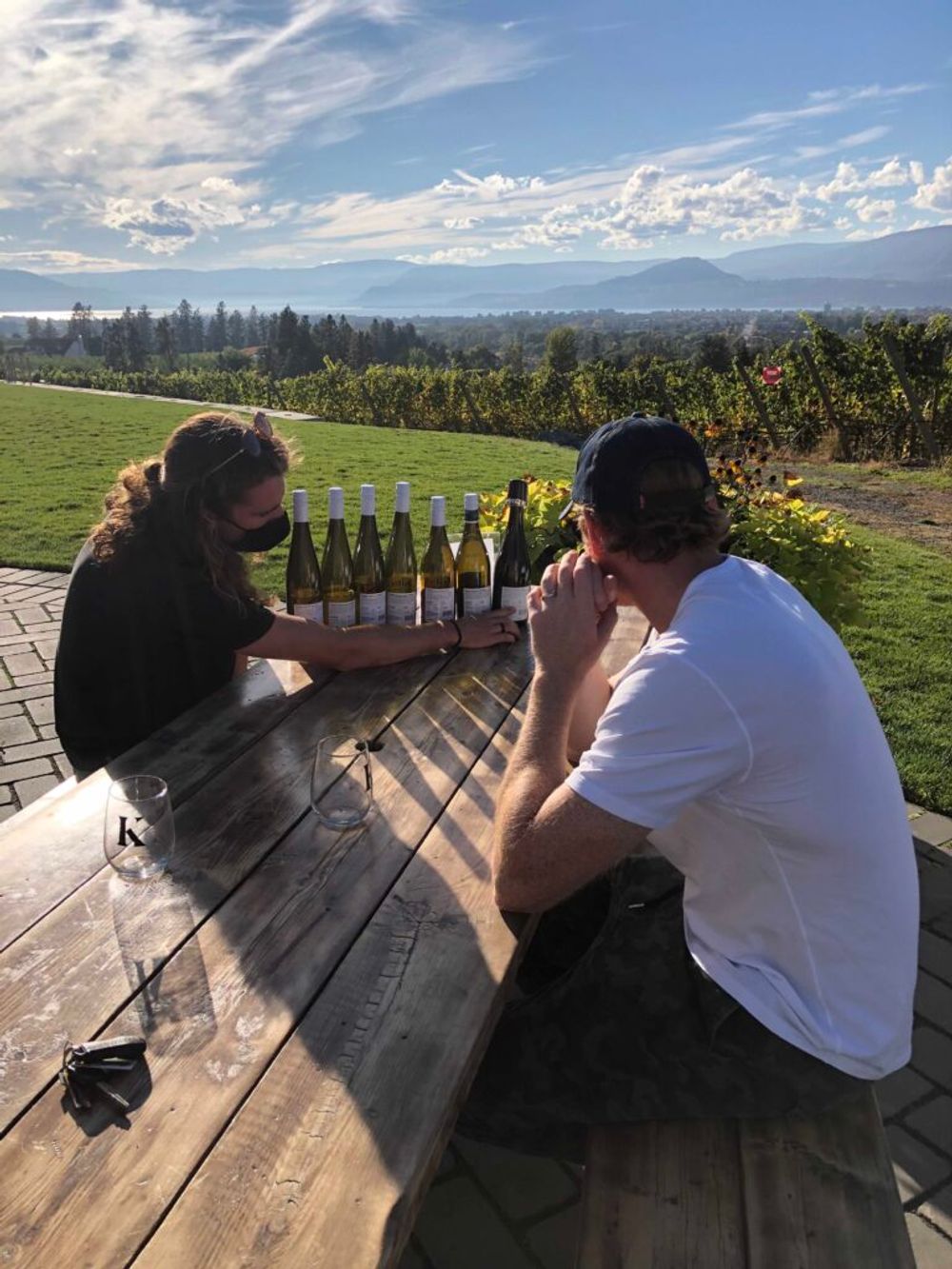
Visits to the Kitsch Wines were like going to someone’s home, says Jackie Fast
On the other end of the spectrum, Kitsch Wines which is a small family-owned winery, used the pandemic to make their experience feel like you were at home. Unlike the exclusive nature of Mission Hill, Kitsch Wines felt like hanging out in your friend’s parent’s garage – if your friend was an exceptionally talented wine maker and his parents lived in a mansion with sweeping views of the valley.
Driving up, you park on the driveway of the estate’s main residence, but any pretention is quickly erased as you hear the hip hop blaring from the speakers in the garage. A garage which holds fermenting tanks rather than cars. Our tasting was one of the best I have ever had, purely because Adam, a grad student who previously worked in a coffee shop, was so knowledgeable and able to translate the exceptionally scientific specifics into layman’s terms.
Driving through the vineyard in an open-air electric Mini Moke we tasted the difference in grapes as we cruised along the vines. Unlike many of the other wineries who had timed slots to visit to ensure they could maximise visitors, Kitsch encouraged you to take a socially distance seat anywhere in the backyard, pop a bottle, and listen to the music until the sun set while the winemakers carted barrels back and forth.
The wine was also exceptional, the highlight being the 2016 Chardonnay. Dry with notes of bubble gum and tropical fruits.
2. Go Digital
Almost ever winery I spoke to stressed the importance of becoming more digital. This comes as no surprise, but what is shocking is that a couple brands reported having better than average sales. In a year when most small businesses were struggling with furloughing employees and government buy-back loans, it seems digital managed to save them.
The focus with digital was on more engagement, with increased wine club communications and social media giveaways. A larger social media presence also meant they managed to attract new clients they might not have done if they had just continued focusing on tour buses and foot traffic. As Kitsch Wines founder Ria Kitsch put it: “Online sales and our wine club membership sign ups grew a great deal as people saw the appeal of having our wines shipped right to their door.”
It was also obvious that many wineries chose to make new hires for the season based on their social media savvy, so it came as no surprise many of the new managers I met were in their twenties or early thirties. Another silver lining of the pandemic – providing greater opportunities to young people hoping to sink their teeth into the trade.
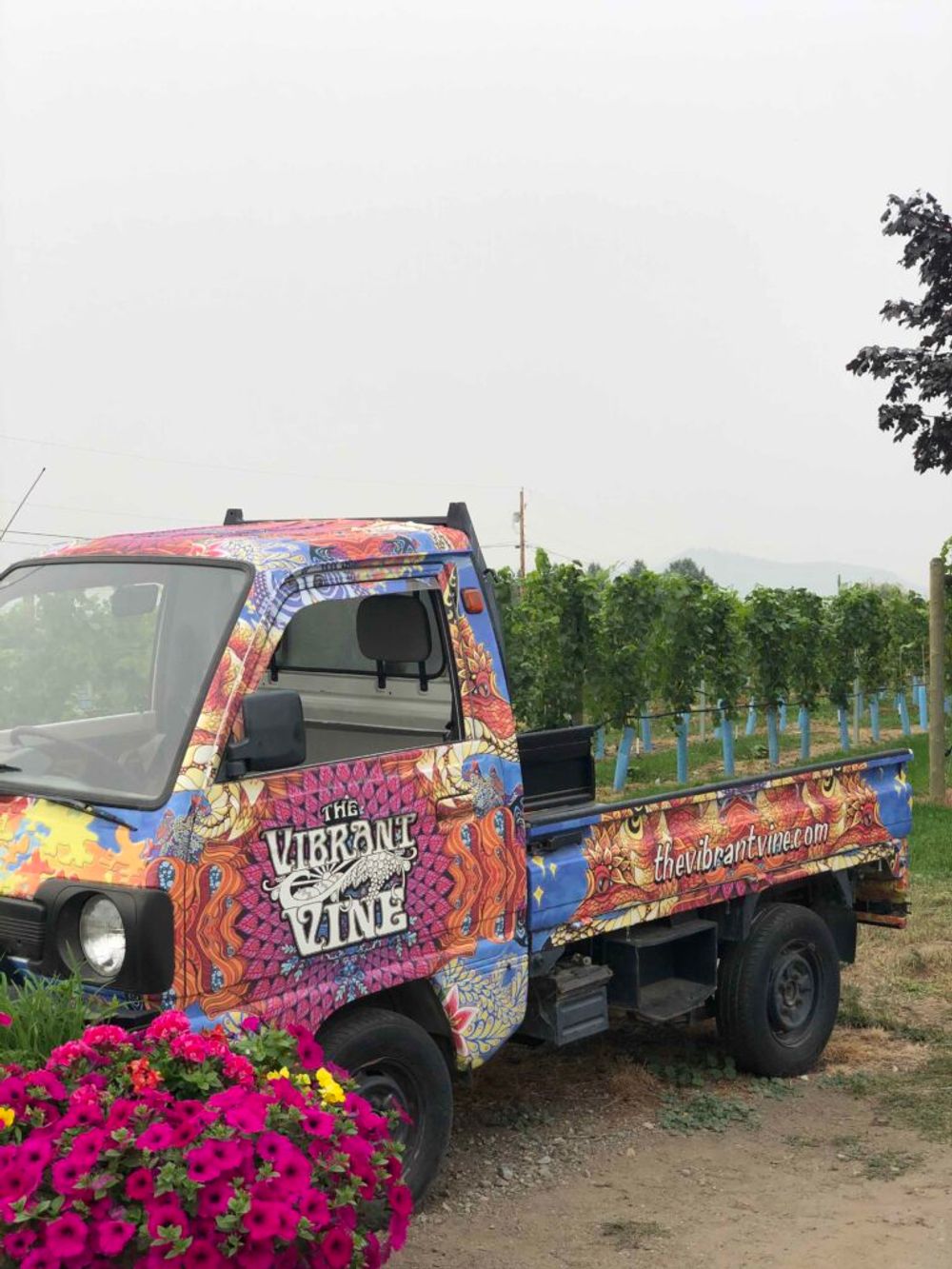
The Vibrant Vine is part of the new, young generation of wine producers that are attracting wine talent from around the world
One such new hire was Hamish Melrose who started at The Vibrant Vine in February 2020 – he launched his career in the industry just 10 years ago pouring pints in nightclubs in Lancaster, England. I commented that he is a long way from home, and he told me that he “set his sights on the Okanagan early on”. Not just because it was one of the most visually stunning areas in the world, but that he “truly believes it to be the future of the New World wine industry”. Covid-19 or not, he has no plans to leave.
3. Support the Industry
Tantalus Wines, which focus on single-vineyard wines and terroir, launched bespoke industry events in the evenings in their wine shop which has beautiful views of the Okanagan Lake. The events were done in partnership with other restaurants and tickets had to be purchased well in advance. Even though full tables had to be sold to maintain social distancing restrictions, that did not slow sales as every event sold out (I could not even get a table).
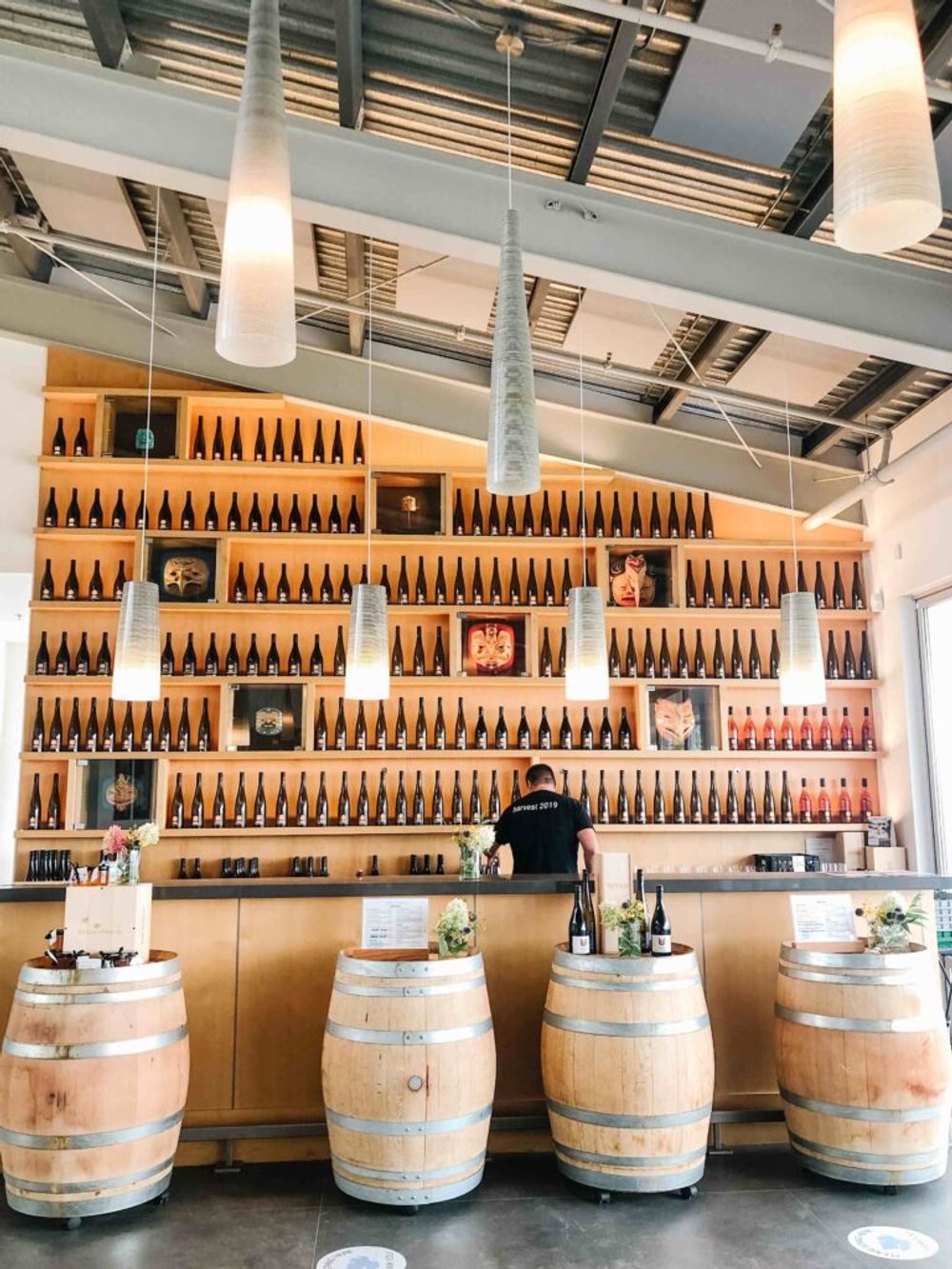
Tantalus Wines has become another destination winery in the Okanagan with its gourmet dining
Partnering with acclaimed chefs from across Canada has become a regular part of their programming – providing a ‘big city’ experience in a small town, but 2020 proved exceptional. Talking about how supporting the industry in its time of need was beneficial not just to the bottom line, but to everyone’s wellbeing.
Stephanie Mosley, marketing manager, explains how: “All events sold out like we have never seen before, and we saw a thirst from our locals and visitors alike for something ‘normal’ to do. It was an opportunity for us all to keep busy and engaged with our collective passion for food and wine despite the pandemic.”
With a peak season that historically has had a calendar so bursting with events, the coronavirus providing an opportunity to really focus on what is important. And to the industry, that means good food and wine, shared with the best company – creating a more satisfying experience all around.
4. Be Positive & Invest Heavily
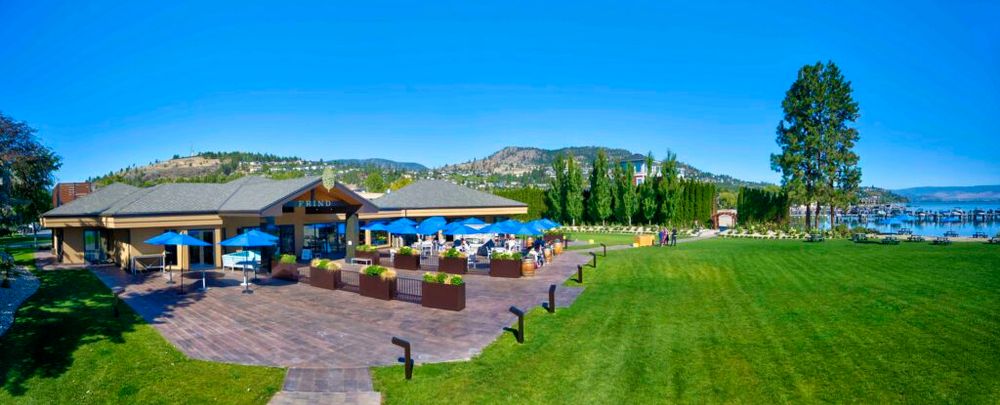
The Frind Winery actually chose 2020 to open its doors for the first time
Unbelievably Covid has been a time for major investors to launch into the region with Frind Winery being one of the biggest new players on the market. Canadian computer scientist, and founder of dating site Plentyoffish.com (which sold to Match.com for $575 million in 2015), Markus Frind thinks it is the best time to launch his ambitious project. As he told me: “The best time to launch any business is in the middle of a crisis, a great number of leading companies are born out of a crisis as the age-old way of doing things changes and that creates opportunity.”
The Frind Winery is aiming to complete up to 700 acres of vineyards by the time everything is finalised, putting them in direct competition with Mission Hill Winery who own over 1,200 acres.
Frind is confident that even in a pandemic it is a time to invest: “In business you always play to your unfair advantage, and ours is cash, so we will invest heavily into technology to create truly outstanding and distinctive wines. Compared to other industries the winery industry is in the stone age. Doing simple things, like using an optical sorter, has a profound impact on wine quality.”
The pandemic did not even stop transactions in the area, proven by local couple Ron and Shelley Mayert purchasing Time Winery, Evolve Cellars, and McWatters Collection during the height of Covid on July 1, 2020. One of the largest assets of the purchase was the winery itself, which is housed in a renovated movie theatre in the middle of the city hoping to attract a new crowd – a far cry from the typical green expanse of wineries in the Okanagan which are mostly located in the hills of the valley.
Vaccine or not, the truth is the pandemic has fundamentally changed how wineries will do business moving forward. No longer complacent on expected sales from tastings and tours, wineries have learned to navigate the challenges of a pandemic and social distancing to ultimately figure out how to do business better in the future.
